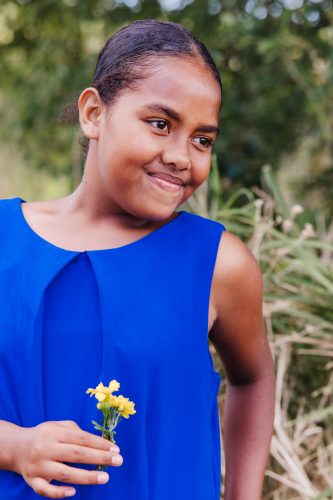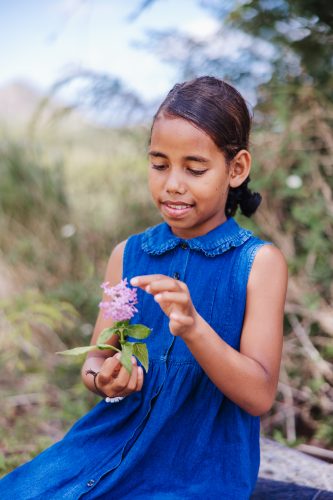
We help girls in rural Fiji get back to school.
We help their families create income-generating projects.
We tell stories of people’s resilience and resourcefulness. About the power of community and what we can learn from the materially poor. And about how our humanity is bound together by sameness.
We work only where we have known and trusted volunteers.
We train them to carry out assessments and serve people in their own communities, so groups of people flourish and begin to lift themselves out of poverty.
We build relationships with key people in the areas where we work – teachers, principals, parents, businesses, agencies and helping networks.
We train Australian ‘Girl Ambassadors’ to generate awareness in their schools about how educating Girls can break cycles of poverty, and also help them run fundraisers.
We partner with wonderful people who want to make a difference.
They sponsor Girls or income-generating projects, and link their businesses or social media influence to the cause.
CONTACT US if you’re interested in registering to become a
Girl Ambassador.

